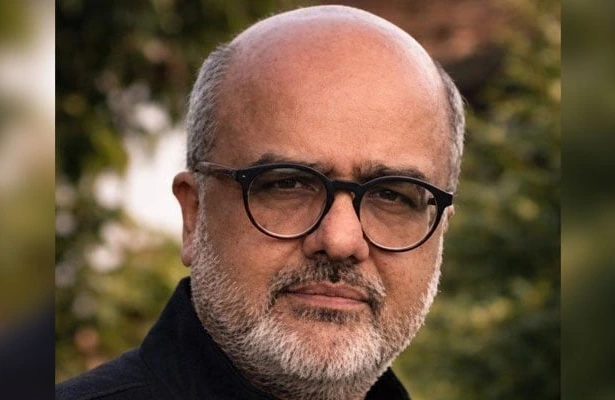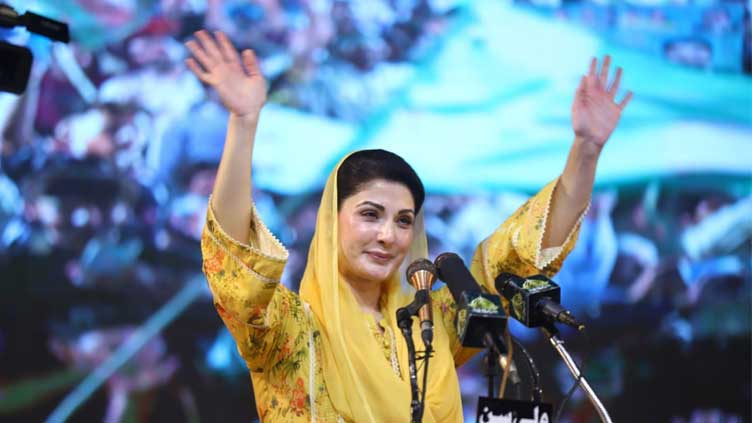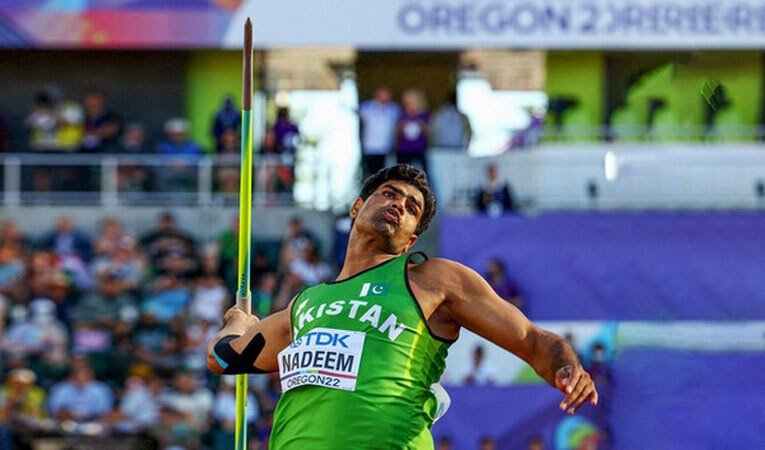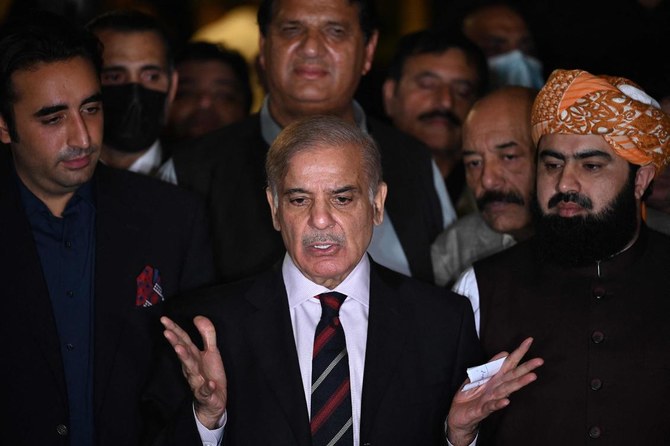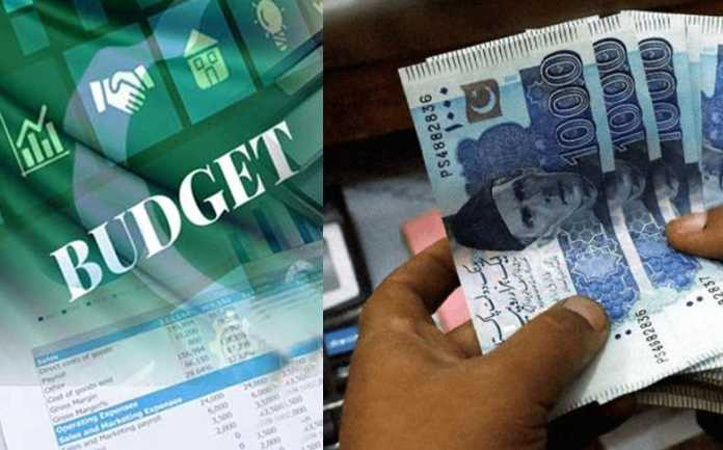Don’t interfere with judiciary’s administrative powers, CJP warns govt
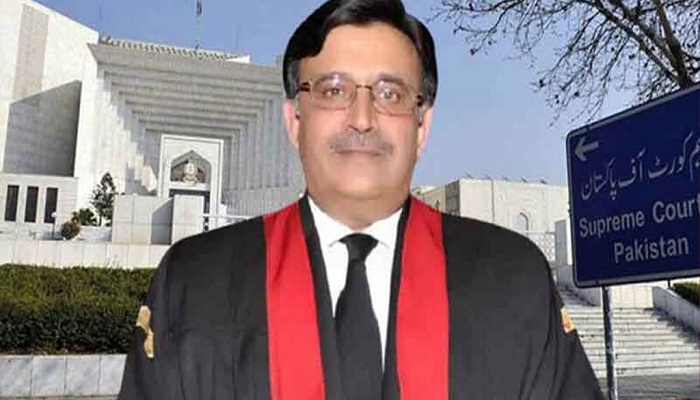
Chief Justice of Pakistan Justice Umar Ata Bandial has warned the government not to interfere with the judiciary’s administrative powers as a five-judge Supreme Court bench took up petitions challenging the constitution of three-member judicial commission on audio leaks.
The apex court’s larger bench is headed by Justice Umar Ata Bandial and its other members are: Justice Ijazul Ahsan, Justice Munib Akhtar, Justice Syed Hasan Azhar Rizvi and Justice Shahid Waheed.
The bench took up a string of petitions submitted by PTI Chairman Imran Khan, Supreme Court Bar Association (SCBA) President Abid Shahid Zuberi, SCBA Secretary Muqtedir Akhtar Shabbir and Advocate Riaz Hanif Rahi, who wanted the top court to declared the audio leak judicial commission as illegal.
The government-appointed judicial commission, headed by Justice Qazi Faez Isa, was formed on May 20 under Section 3 of the Pakistan Commission of Inquiry Act 2017 and is required to conclude the task within a month. Balochistan High Court Chief Justice Naeem Akhtar Afghan and Islamabad High Court Chief Justice Aamer Farooq are the other two members of the commission which had conducted its maiden session earlier this week, deciding to make its proceedings public to ensure transparency and openness. The next session will be held on May 27 (tomorrow).
As the proceedings were set into motion on Friday, Attorney General for Pakistan (AGP) Mansoor Usman Awan came to the rostrum and raised an objection to the five-judge larger bench hearing the challenges to the judicial commission.
An apparently angry chief justice was quick to interrupt the attorney general, remarking: “Don’t interfere with our administrative powers. We have complete respect for the government. The judiciary is the protector of basic human rights.”
Justice Bandial further observed “How can the government select judges of the Supreme Court for its own purpose? Attorney General Sahib, this is a matter concerning the judiciary’s independence. Enough is enough”
The CJP further said the government cannot have judges included in benches as per its desire.
Justice Bandial also observed that the government had legislated on regulating the CJP’s powers in haste. “If the government would have consulted the judiciary, we would have shown it a better path, we would have given them relief,” he added.
He said because of the events of May 9, when violent protests broke out in the country following the arrest of the PTI chairman, statements targeting the judiciary had stopped.
The CJP maintained that the government tried to create differences between the judges, asking if the question of who was behind phone tapping was not included in the formation of the judicial commission, stressing that phone tapping was an unconstitutional act.
The chief justice declared that the constitution of the judicial commission on audio leaks was apparently in violation of the Article 209 of the Constitution.
Babar Awan appeared on behalf of the PTI chairman.


